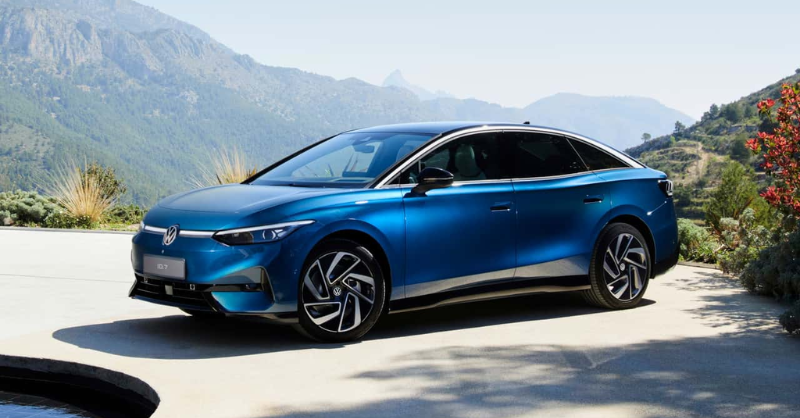Thematic Thoughts
Real world sustainability linked changes and what they might mean for companies and investors
Insurance - the 'hidden' risk for real assets
Adequate insurance is a crucial part of many financial investments, including homebuying. We take it for granted, until it's no longer available. The impact of climate change is prompting private insurers to exit some markets. But this is not inevitable - resilience investments can reduce the risks.
A new resurrection for coal - probably not
The data for 2024 electricity trends is out. And coal use has grown. Is this a permanent shift away from sustainability toward energy security, implying a new dawn for coal use? Probably not. Investors would be wise to exercise caution - coal mining is likely to remain a sector in terminal decline.
Electricity demand management, jargon and investor communication
We often use too much jargon, and as a result instead of informing investors, we just end up confusing them. This is not a good thing at a time when we want more money to come into sustainability solutions.
How firms adapt to climate change
Do we really think enough about how firms will adapt to climate change. At the risk of sounding defeatist, we are already heading for c. 3 C of global warming. We need companies to prepare = adaption.
Will Europe hit its EV targets, or do fines beckon? Who really knows?
Estimates of the fines the European automotive companies might need to pay for missing emissions targets vary massively. Understanding the company strategies is key, but for this we need better disclosure.
Wine, cognac, sustainability and financial risk
Grape growers face material climate change risk, in terms of temperature increases, water shortages and climate volatility. Companies are starting to disclose some information on their responses, but we need to dig deeper.
Food companies, sustainability and financial risk
Climate change is going to alter what can be grown where, and the yields that farmers can deliver. This is very likely to lead to higher prices. And yet current financial reporting by companies in the agricultural value chain doesn't really talk about this. This needs to change.
Stopping cows from burping.
Could gene editing could solve the cow methane problem? Although innovation sometimes over promises and under delivers, there are times when it's necessary. When the alternatives are unlikely to get delivered at the scale we need. And cow based methane looks like just such a case.
What the public believes about EV's matters, even if it's not true
Politicians are not brave people, they want to do something that a large minority, if not the majority, will support. Which is why what the public believes about Electric Vehicles' really matters. And why 40% saying that they don't think EV's are better for the environment is a worry.
A practical example of 'solving' the artisanal mining challenge
We know that 'solving' the artisanal mining challenges is something we need to do. We also know that it's complicated. But people have done it, or at least started it - a Mozambique case study
Using 'waste' solar to heat our water
Is there a better way to heat water for our buildings. One that also 'soaks' up the surplus (and now wasted) cheap solar electricity. It turns out there is.
Re-using existing grid connections !
One challenge in building a new electrified energy intensive production facility is getting access to the (hopefully green) electricity. Has a West Virginia project found the solution?











